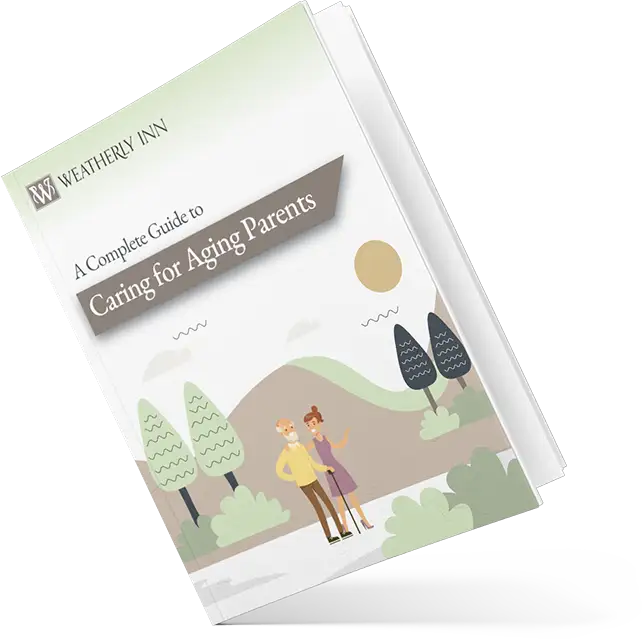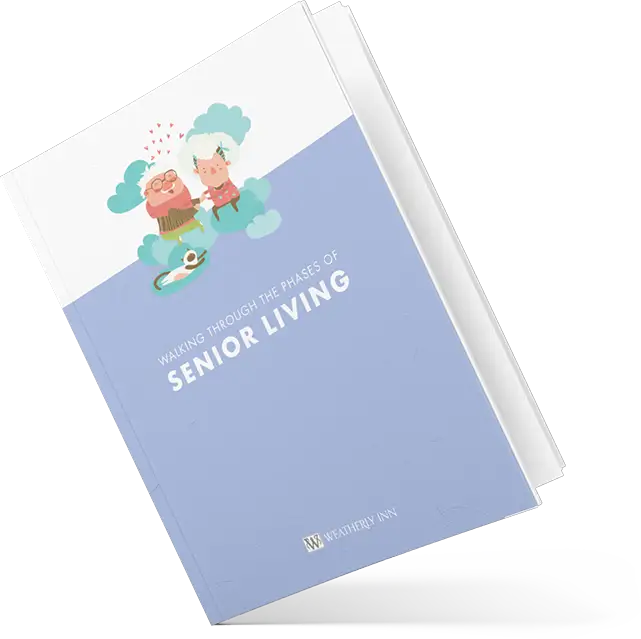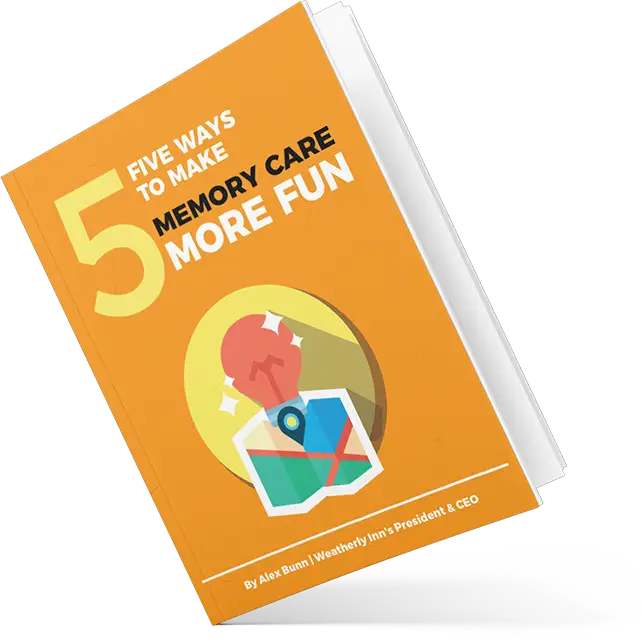December 12, 2023
Alzheimer’s and Balance: Why Memory Care Residents are More Prone to Falling
Most people associate Alzheimer’s Disease only with its hallmark symptom, memory loss. From mild cognitive impairment to dementia, Alzheimer’s can affect people differently at different stages of the disease. However, these aren’t the only complications that can come with a diagnosis.
Alzheimer’s and other memory complications can also lead to a loss of balance among those affected, posing a significant safety threat if they don’t live in a safe environment with adequate assistance. In this article, we’ll discuss the basics of Alzheimer’s Disease and how it impacts balance. We’ll also look at the dangers of falling and how you can help improve your loved one’s balance.
Alzheimer’s Disease 101
Alzheimer’s is a complex illness that can present in many different ways. Although scientists aren’t certain exactly what causes Alzheimer’s, there has been significant research that indicates a combination of “age-related changes in the brain, along with genetics, environmental and lifestyle factors” could all be contributing factors.
This disease typically starts out with mild symptoms and worsens over time as more areas of the brain are affected. Early symptoms of Alzheimer’s include memory loss, confusion, difficulty solving problems or completing routine tasks, and physical problems such as trouble speaking, writing, or loss of balance. Many people don’t even notice Alzheimer’s in the early stages or will attribute its symptoms simply part of the aging process.
Over time, however, symptoms can progress into mild cognitive impairment then through several stages until it reaches severe dementia. In fact, according to the Alzheimer’s Association, Alzheimer’s Disease is the most common cause of dementia. It accounts for 60-80% of diagnosed cases.
Currently, there is no cure for Alzheimer’s Disease, but there are many treatment options to help slow the progression and maintain your loved one’s quality of life. Moving them into a memory care community with trained caregivers is often the first step to getting them the help they need.
How Alzheimer’s Affects Balance
Alzheimer’s and other cognitive diseases can impact balance if they affect certain portions of the brain that are responsible for balance and movement, such as the cerebellum. With Alzheimer’s Disease, as cells become affected, they cease to function properly. This dysfunction and eventual loss leaves the person without the ability to properly use that portion of their brain.
Early signs that Alzheimer’s may be affecting this part of the brain include:
- Walking unsteadily
- Shuffling steps instead of lifting the foot when walking
- Shortened steps
- Bumping into things
- A stooped posture
Why Falling is Dangerous
Balance problems are not something to overlook in your aging parent or loved one. The National Council on Aging reports that one in four Americans aged 65 or older have a serious fall each year.
Falling is especially dangerous for older adults because they risk serious injury, such as hip fractures, forearm fractures and head trauma. All of these injuries can create long-term problems and hinder their mobility.
After a serious fall, many older people will limit their activities for fear of falling again. This can cause self-isolation and lead to worsening memory problems in someone already fighting Alzheimer’s Disease.
The key to protecting your loved one from fall injuries is to help them improve their balance and create a safe environment in their home. If you’re unable to ensure their home is free from clutter and fall hazards, then it might be time to consider a memory care or assisted living community.
How to Improve Balance
There are plenty of ways you can help your spouse, family member or loved one improve their balance to reduce their risk of falling.
Exercise
It’s important to help your loved one stay active and continue maintaining their muscles as they age. Exercise is a simple way to help build confidence and strength and even improve memory for dementia and Alzheimer’s patients.
Some exercises you can do at home include:
- Calf raises
- Straight leg raises
- Single leg stand with assistance (someone or something they can hold on to)
- Seated resistance band exercises
You can also look for community organizations that offer group classes if your loved one still lives at home. Or if they live in an assisted living or memory care community, check the community calendar for physical activities that promote good balance like:
- Tai chi
- Yoga
- Walking clubs
In addition to these tips, some older adults might just need the security of mobility aid. Ask your loved one if they would feel more confident using a cane or walker to move around.
A Safe Home
As mentioned earlier in this post, you also need to help your loved one keep their home free of fall hazards. First, be sure to create clear walkways in their home that are wide enough to accommodate their cane or walker, if they use one.
You should also be mindful of any clutter, wires or items on the floor that could potentially trip your loved one or cause them to lose their balance while walking. Keeping the floors clear and clean is essential in preventing falls.
Finally, you can also install rails or handholds along hallways and in bathrooms to help your loved one remain steady as they move around their house or change positions.
Keep in mind that if your loved one is having significant trouble moving around the house, bathing or using the restroom on their own, it might be time to consider other professional care options.
Professional Care Options
Loved ones with early stages of Alzheimer’s Disease may initially be able to care for themselves with some assistance from family members. However, as the disease progresses, they will require professional care in a safe environment.
Many memory care communities coordinate daily activities to stimulate the brain and exercise programs to keep residents’ bodies moving. These activities help your loved one stay happy and healthy.
If your loved one is suffering from Alzheimer’s, cognitive impairment or balance problems, it’s important to find a care community that caters to their specific needs. Some communities offer physical therapy services and specialized treatment plans to ensure people with various types of dementia or late stage Alzheimer’s Disease receive the right care to keep them healthy and comfortable.
To learn more about choosing the right community for your loved one, read our guide How to Choose a Memory Care Community.



